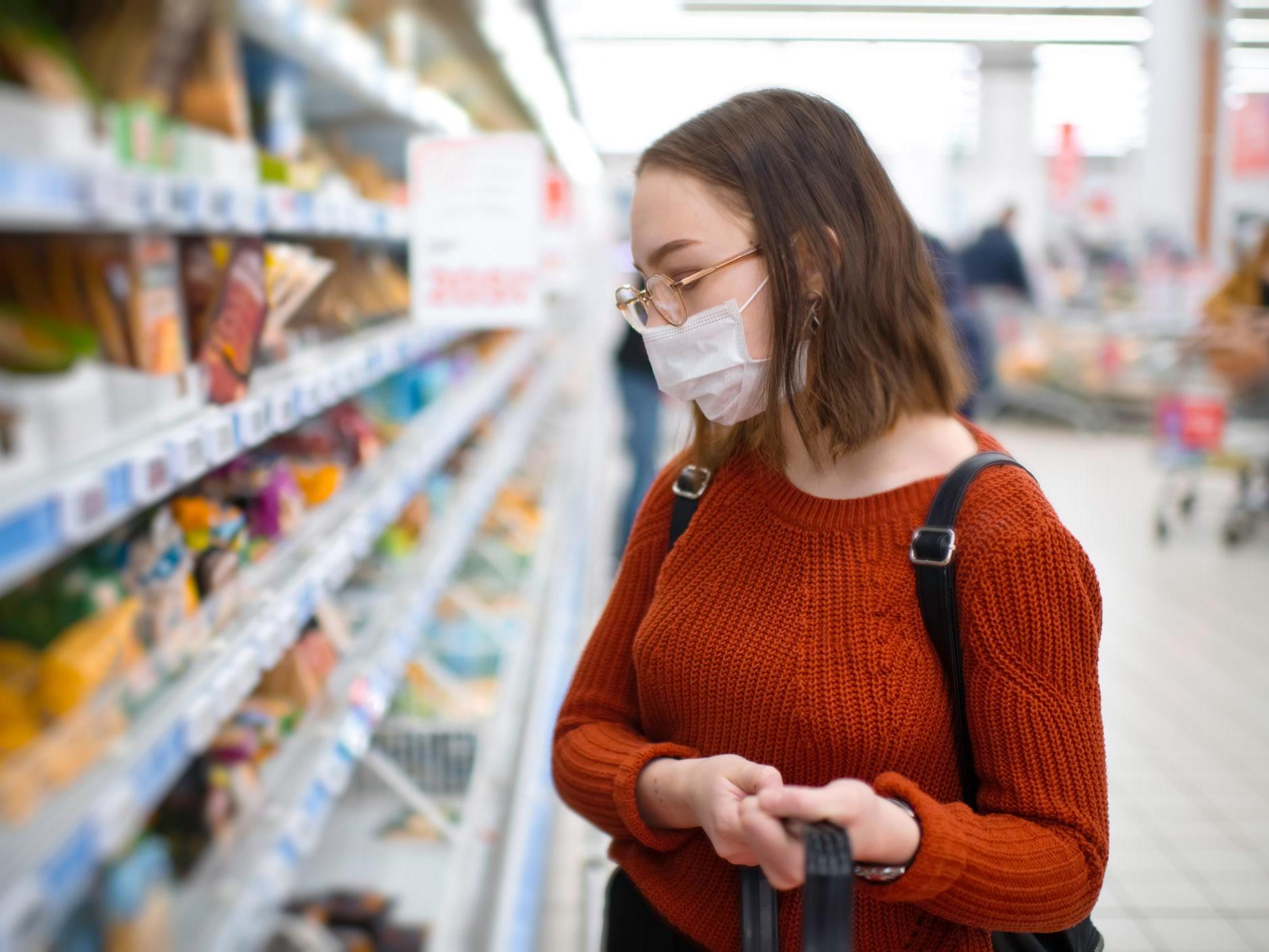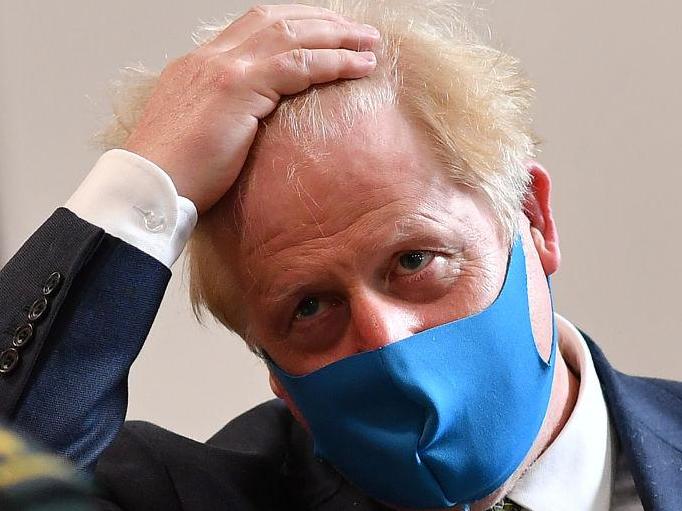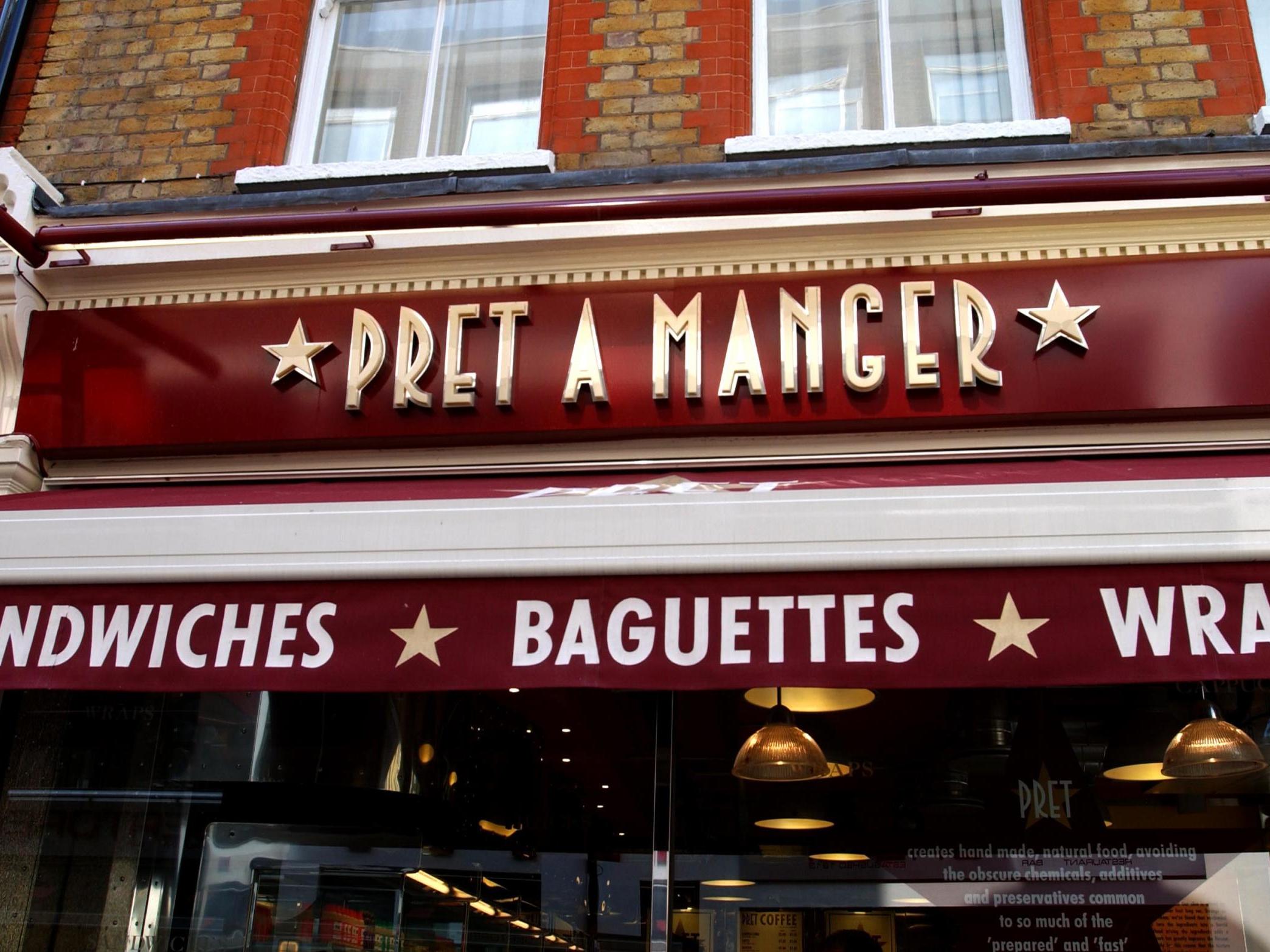Loopholes in new face mask law raise questions about effectiveness
New regulations detail lengthy list of exemptions including for people who feel ‘severe distress’ while wearing masks, Lizzie Dearden writes

The government has announced that masks will be mandatory in shops from Friday. But will they?
The law that will enforce the change, which was published just hours before coming into effect, provides a lengthy list of exemptions.
It will not apply to children under 11, staff and employees, people “providing services”, public transport workers, police, emergency responders, inspectors and pilots.
The new health protection regulations also contain numerous examples of “reasonable excuses” to be without a face covering.
They include physical or mental illnesses and impairments that mean a mask cannot be worn.
But anyone who “cannot put on, wear or remove a face covering without severe distress” is also exempt.
The reasoning may be sound, but how can it be enforced? The government expects shops to refuse entry to people without masks, and police are being given the power to “use reasonable force” to take those refusing to cover their faces out of shops.
Anyone violating the law may be fined £100 unless they can prove a reasonable excuse, and there is no clear way of assessing if a mask would cause someone “severe distress”.
There are concerns over potential disputes like those seen in viral videos shared on social media in the US, where people have challenged fellow shoppers who do not cover their faces.
Several police and crime commissioners have anticipated confrontations, saying officers will not be sent to enforce the law unless there is “disorder or violence”.

Britain’s most senior police officer, Dame Cressida Dick, has said she hoped shoppers who refuse to wear masks will be “shamed” into compliance.
Privacy charity Big Brother Watch accused her of encouraging “bullying behaviour”, adding: “This is a public health situation, not a witch hunt.”
Confusion is also expected over where face masks must be worn after the government originally only mandated them on public transport.
The new law allows exemptions for people who are eating or drinking, and does not enforce masks in pubs, cafes and restaurants.
But shops that sell food both to take away or eat on the premises are a complicated proposition.
In the words of Matt Hancock, using the example of the Pret a Manger sandwich chain: “You do need to wear a face mask in Pret because Pret is a shop. If there’s table service, it is not necessary to have a mask. But in any shop, you do need a mask. So if you’re going up to the counter in Pret to buy takeaway, that is a shop.”
The position was laid out in the law, which states that masks do not have to be worn in “an area within or adjacent to a shop where seating or tables are made available by that business for the consumption of food and drink on the premises by customers of that business”.

Even if people understand and follow the regulations, the sheer number of exemptions raise questions over the scientific reasoning behind them.
If the government’s case is that masks prevent the spread of coronavirus, why enforce them for shoppers but not shop staff, who are surely at greater risk because of contact with customers over long periods of time?
What makes an enclosed shopping centre (masks mandatory) more dangerous than a public library (exempt), a bank riskier than a hairdresser, a post office a greater health threat than a nightclub?
The law will come into force a day before indoor gyms and fitness centres are permitted to reopen in England.
But despite the looming prospect of millions of people flocking into enclosed spaces for strenuous exercise, all premises for “indoor sports, leisure, adventure or recreation activities” are exempt.
As the government likes to emphasise, the vast majority of British people have so far voluntarily followed guidance to reduce the transmission of coronavirus.
But compliance requires the rules to be understood, and the convoluted regulations on face masks may prove impossible to enforce.
Join our commenting forum
Join thought-provoking conversations, follow other Independent readers and see their replies
Comments
Bookmark popover
Removed from bookmarks